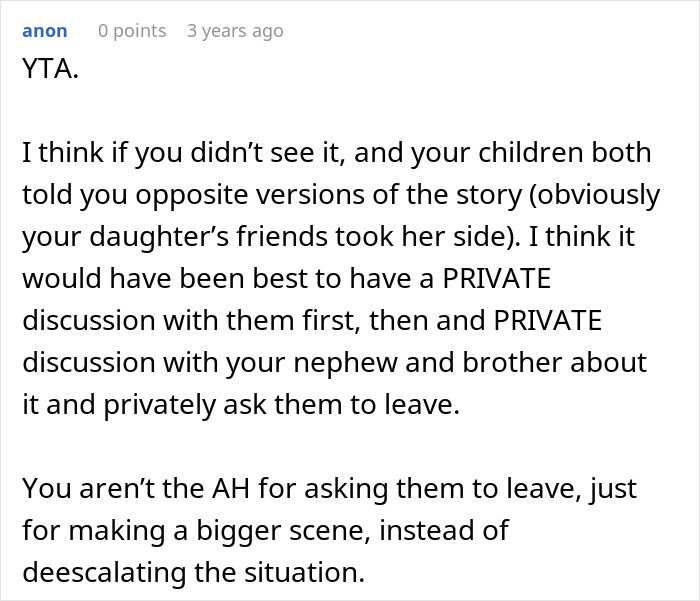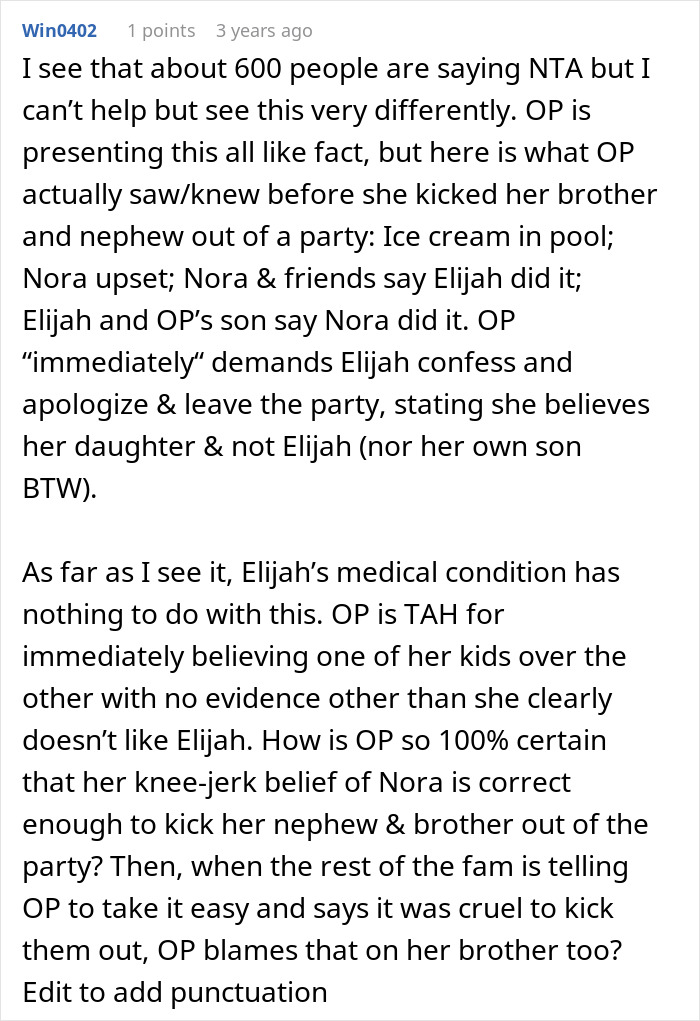It’s my party, and I’ll cry if I want to! And if I want to eat ice cream, I’ll do that too! But unfortunately for one sixteen-year-old, her birthday dessert ended up floating in a pool before she could get it into her stomach.
After her daughter’s birthday party devolved into a day full of family drama, this mother reached out to Reddit seeking advice. So below, you’ll find the full story, as well as a conversation with parenting expert Sue Atkins!
This woman’s daughter was thrilled to celebrate her birthday with homemade ice cream

Image credits: freepik (not the actual photo)
But the party quickly went downhill when the dessert ended up floating in the pool
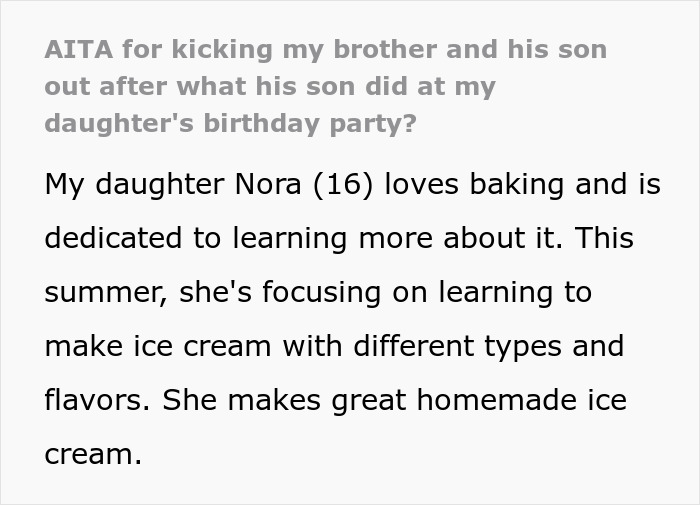
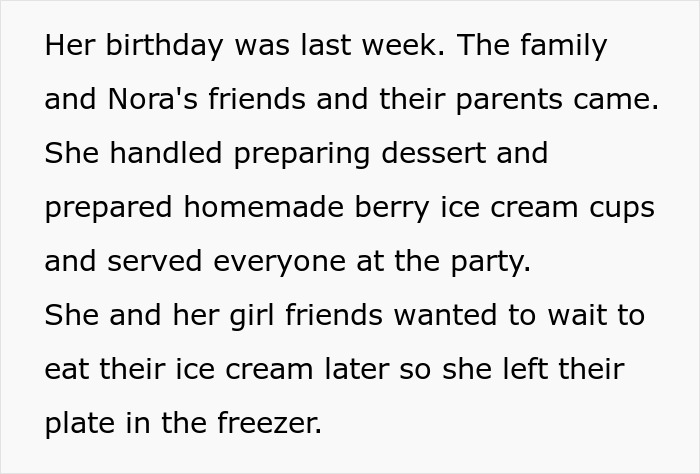
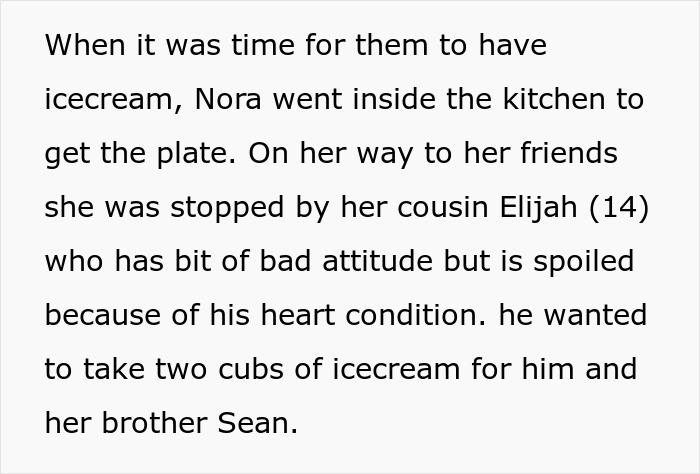
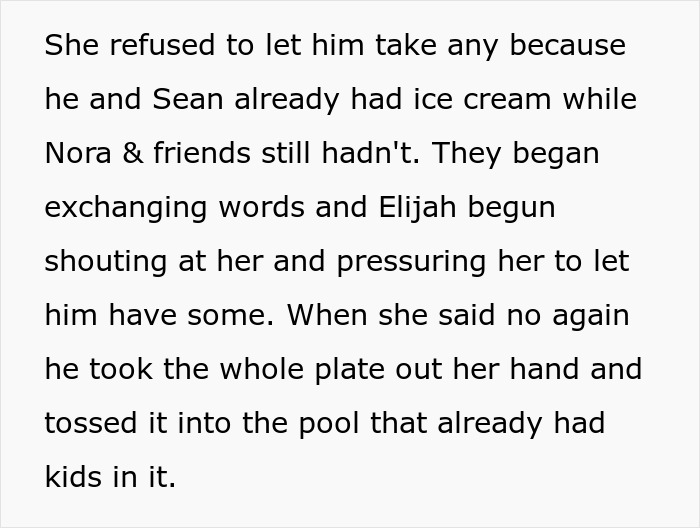

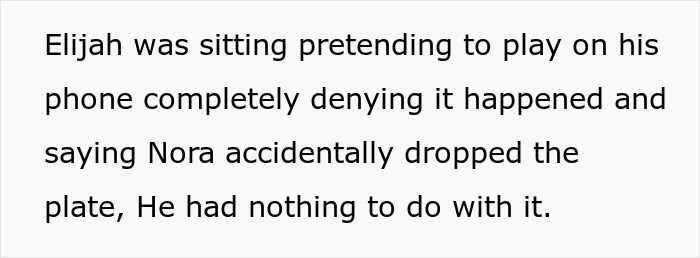
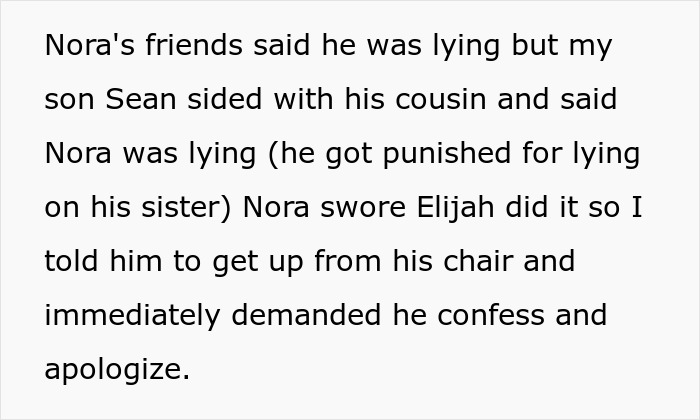
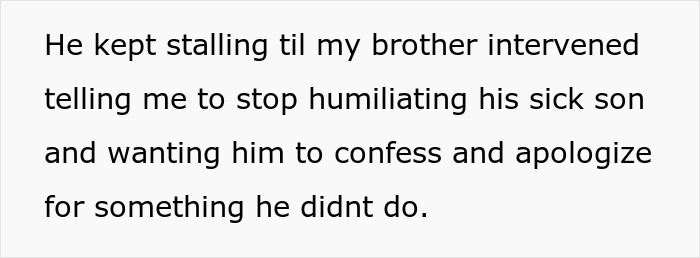

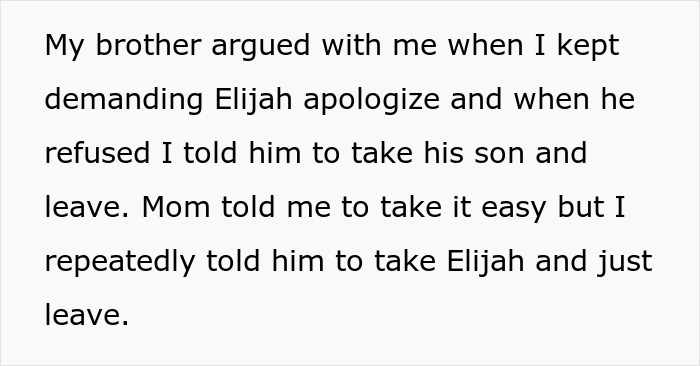

Image credits: bearfotos / freepik (not the actual photo)

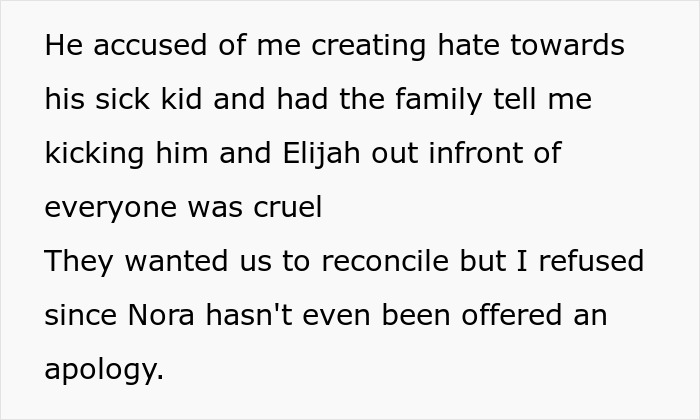
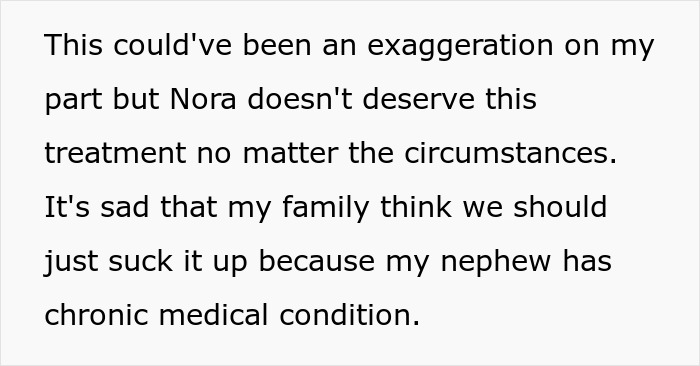
Image credits: California334543
“Cousins often play together like siblings but don’t always have the same emotional glue holding them together”

Image credits: standret / freepik (not the actual photo)
To gain more insight into this situation, we got in touch with parenting expert and host of Navigating the Digital Jungle, Sue Atkins. She was kind enough to have a chat with Bored Panda and discuss how common it is for cousins to have conflicts.
“Very common. Cousins often play together like siblings but don’t always have the same emotional glue holding them together,” Sue explained. “They’re thrown into close quarters at family gatherings, may be at different developmental stages, or have different parenting styles shaping their behavior.”
“These can be flashpoints for misunderstandings, jealousy, or overstepping boundaries—especially when one child feels like ‘the guest’ and another like ‘the host,'” the expert continued.
So how can parents navigate these conflicts without stepping on the other parents’ toes? “This is tricky territory,” Sue noted. “Ideally, you want to stay on good terms with family, but also protect your child’s wellbeing.”
“If a situation escalates—like a child destroying another’s birthday dessert—it’s reasonable to step in firmly but respectfully,” the parenting coach shared. “I often say, ‘Correct the behavior, not the child.’ For example: ‘We don’t throw food in the pool at parties,’ rather than, ‘You’re being awful.’ Keep your tone calm and your focus on values, not blame.”
“If the parents are present, you might say, ‘Would you mind having a word with [child’s name]? [Your child] is really upset,'” Sue suggests. “That way, you’re giving the other parent the chance to step up.”
“Your child learns how to set boundaries from watching you”

Image credits: pixelstudio / freepik (not the actual photo)
We also asked the expert if she could share any advice on how to set boundaries with relatives in situations like this.
“Start with a values-led conversation, not a confrontation,” Sue shared. “Something like, ‘We really value kindness and respect in our home. It’s important to us that [your child] feels safe and supported here. When [cousin] behaves in a way that undermines that, it puts us in a tough position.’”
The expert says that framing it around your values takes it out of the personal and into the principled. “You’re not attacking the cousin or their parenting—you’re simply outlining what your child needs to thrive,” she explained. “If needed, you can draw firmer boundaries by limiting unstructured time together or inviting both sets of children to events with clearer expectations.”
Finally, Sue added that she always encourages parents to check in with their kids afterwards, especially when boundaries have been tested. “Your child learns how to set boundaries from watching you.”
“When you advocate for them in moments like these, they internalize that it’s okay to say, ‘That wasn’t fair,’ or ‘I deserve respect too,'” she continued. “And for those navigating screen-time, sibling dynamics, and more, I explore these themes weekly on my podcast: Navigating the Digital Jungle.”
Some readers wanted more information about the situation

But many took the mother’s side and supported her choice to kick out her nephew


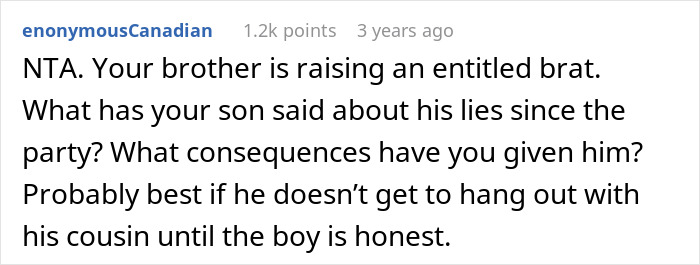
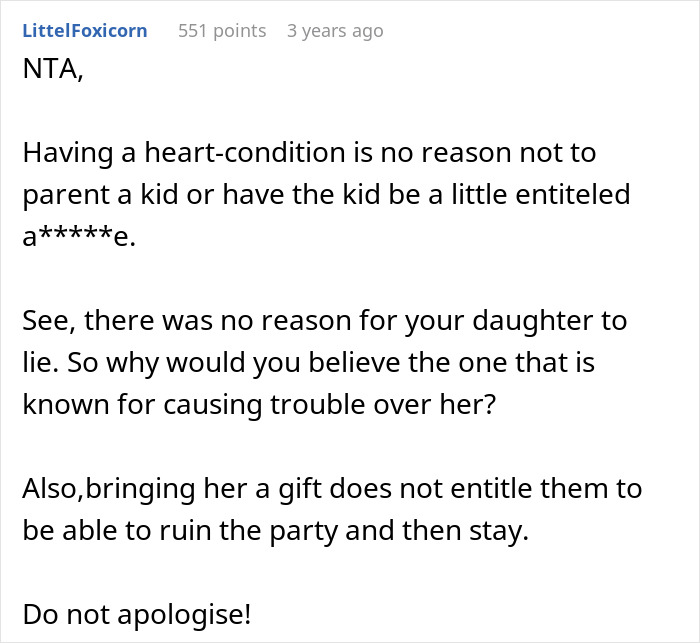
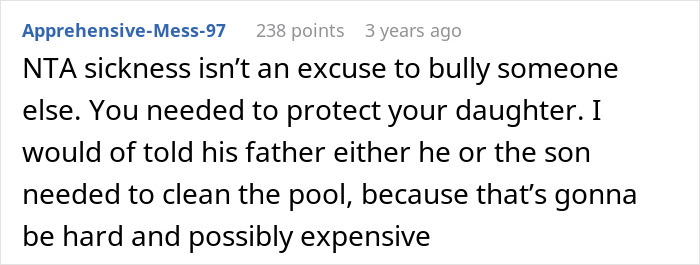

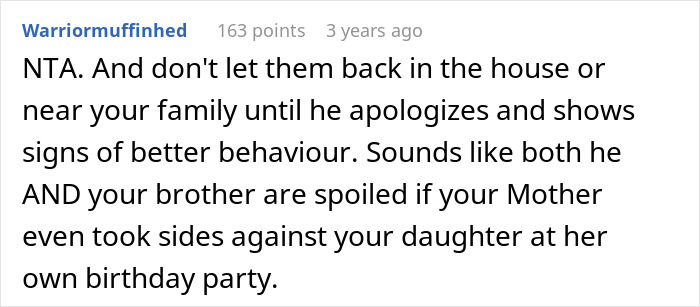
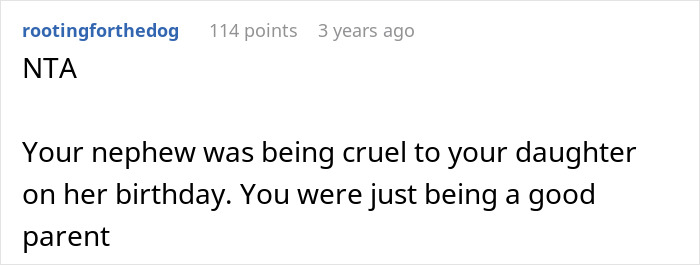
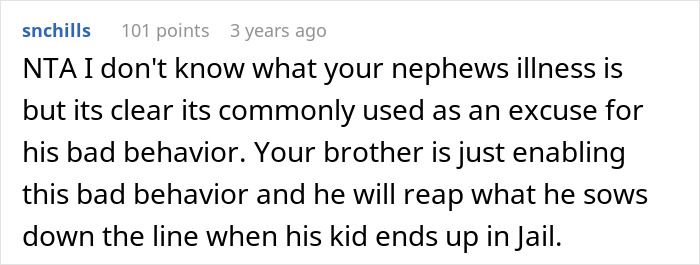
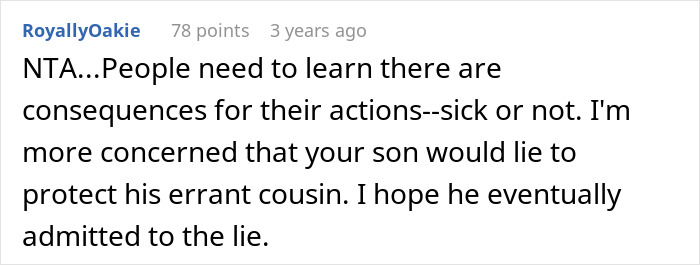
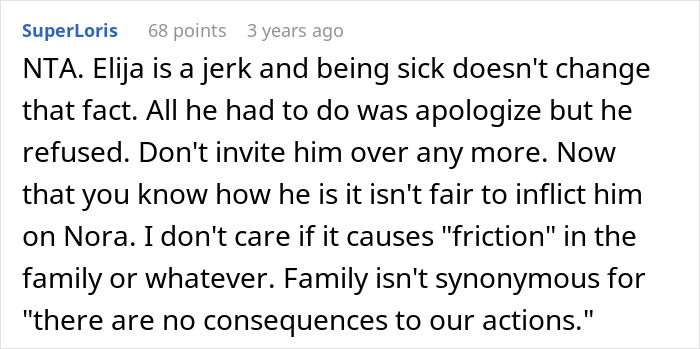


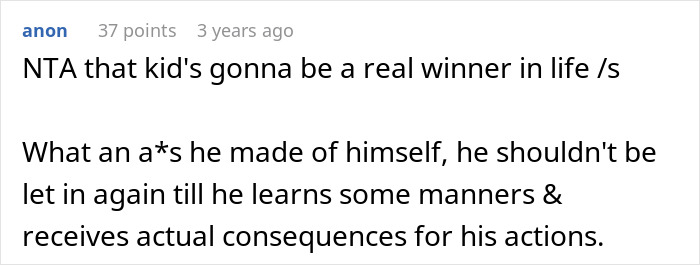
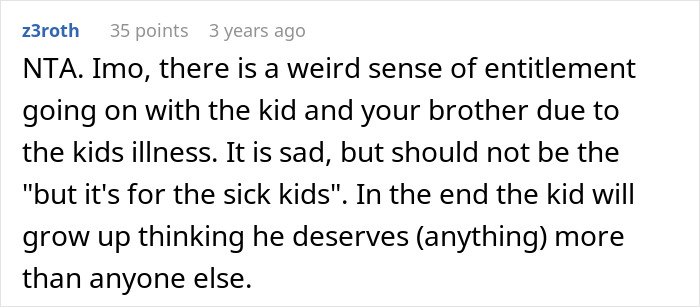
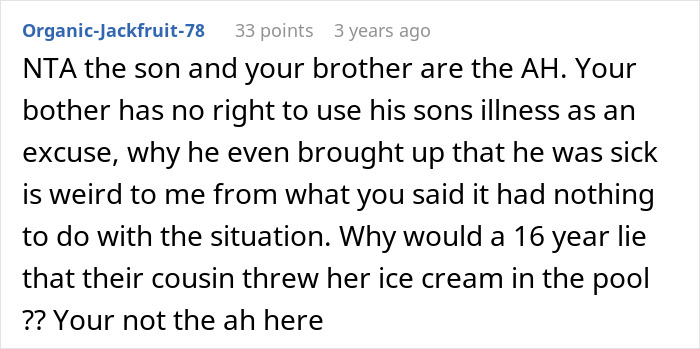
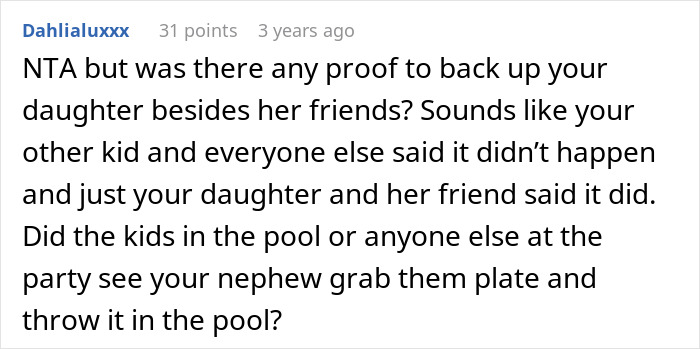
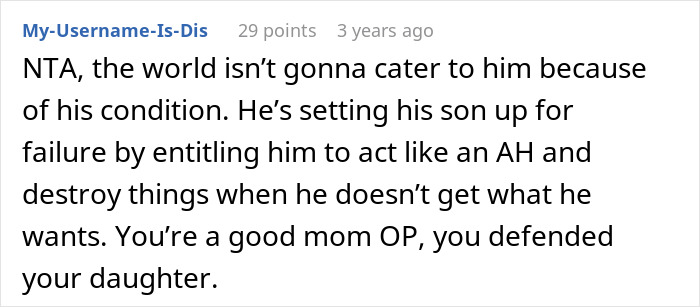
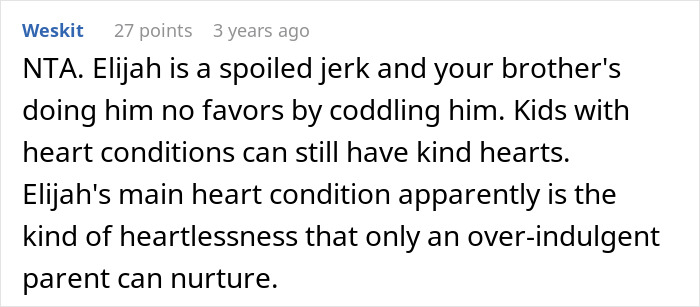

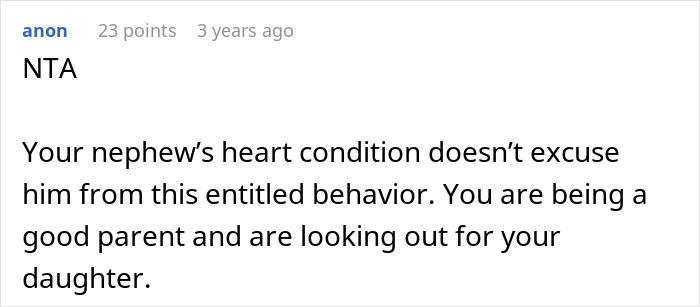
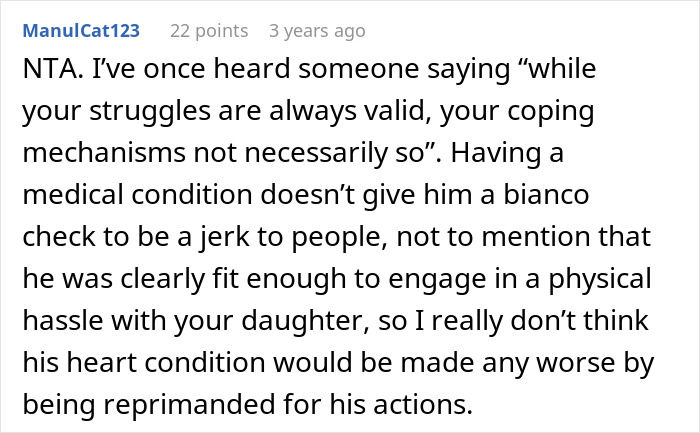


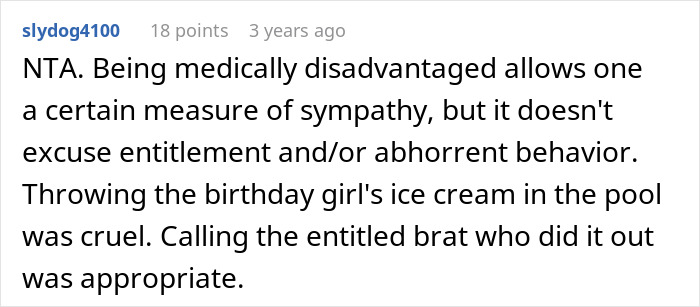
And some pointed out that the cousin should be seen as innocent until proven guilty


